All Chicago will be updating this page as more information becomes available.
Find the Chicago COVID-19 Homeless System Agency Emergency Fund here.
Join our weekly webinar with DFSS – now every Friday at 1:00pm here.
Join our Chicago CoC Slack channel here.
See our Homeless System FAQs here.
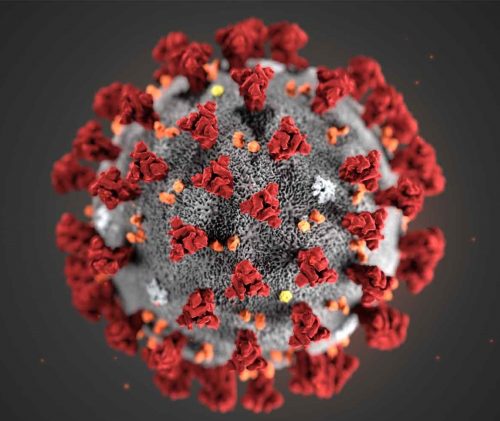 Introduction to Using This Webpage
Introduction to Using This Webpage
The contents of this site are for informational purposes only and are not intended to be a substitute for professional medical advice, diagnosis, or treatment.
The purpose of this webpage is to consolidate and organize information about Coronavirus that is relevant to housing service providers and others in Chicago that serve people experiencing homelessness. Due to the rapidly evolving situation, much of this information is in the form of links to other sources. If you have feedback about this webpage, please contact CoCprograms@allchicago.org.
All Chicago is currently working with the Chicago Department of Public Health (CDPH) and Department of Family and Support Services (DFSS) to monitor and provide guidance for housing service providers on the Coronavirus Disease 2019 (COVID-19). As additional information is released we will share it as soon as possible.
Get the Most Up to Date Info
All Chicago Updates – Sign up for the All Chicago Program Newsletter, where we will be sending COVID-19 and other updates.
Email Alert List – Get updates from the Chicago Department of Public Health (CDPH)
Updates from the City of Chicago
Situation Summary from the Center for Disease Control (CDC)
Special Report from the Chicago Homelessness and Health Response Group for Equity (CHHRGE)
Frequently Asked Questions for Homeless Service Providers – To be periodically updated by All Chicago
People Experiencing Homelessness and the Coronavirus
National Homelessness Information
National Healthcare for the Homeless Council, Resource links
An extensive list of links. Take a moment to review and find the most relevant to your organization.
Disease Risks and Homelessness, HUD Exchange
Links to resources from relevant federal agencies issuing guidance from subject matter experts on lessons learned from previous response efforts to infectious diseases.
Emergency Shelters Guidance
Interim Guidance for Homeless Shelters, CDC
CDC’s guidance for shelters to plan, prepare, and respond to COVID-19. This guidance is based on what is currently known about COVID-19 and will be updated as new information becomes available.
Preventing and Managing Spread of Disease within Shelters, HUD Toolkit
This document focuses on developing and implementing sanitation guidelines within the emergency shelter system of a CoC to prevent and address the spread of infectious disease.
Outreach and Drop-In Guidance
Preventing and Managing the Spread of Infectious Diseases within Encampments, HUD Toolkit
This document outlines the steps for CoCs to consider when working with local stakeholders to develop and implement sanitation guidelines for homeless encampments that can prevent infectious disease spread.
Housing Providers and Other Agencies Guidance
Environmental Cleaning and Disinfection Recommendations, from CDC
This guidance provides recommendations on the cleaning and disinfection of rooms or areas of rooms where someone with suspected or confirmed COVID-19 has been. It is aimed at limiting the survival of novel coronavirus in key environments. These recommendations will be updated if additional information becomes available. These guidelines are focused on community, non-healthcare facilities (e.g., schools, institutions of higher education, offices, daycare centers, businesses, community centers) that do and do not house persons overnight.
Coronavirus Disease: What Supportive Housing Providers Need to Know, from CSH
CSH has pulled together information from a variety of sources, considering the material from the vantage point of supportive housing providers, to help your agency best support your residents, your staff and your community.
Affordable Housing Providers and the Coronavirus, LeadingAge a 501©3 focused on issues of aging.
While targeted to affordable housing for older adults, the site highlights how practitioners can take steps now to develop preparedness and response plans to protect against infection.
Interim Guidance on Housing Inspections, All Chicago
The Chicago CoC has developed guidance regarding housing inspections in emergency situations.
Interim Recordkeeping Standard Operating Guidance, All Chicago
This provides guidance for housing providers on documentation and recordkeeping standards during emergency situations. See a sample protocol document here.
For Agencies, Staff, and Community Members
Symptoms and Prevention
Symptoms of the coronavirus are fever, shortness of breath and coughing. These symptoms can be associated with number of illnesses including influenza (flu).
The following are basic preventative actions to help stop the spread of COVID-19:
- Regular hand washing with soap and water.
- “Social distancing” to help slow the spread of infection.
- Avoid touching the eyes, nose, and mouth.
- Cover your mouth and nose when you cough.
Grant Funds and Eligible Costs
Chicago COVID-19 Homeless System Agency Emergency Fund, All Chicago
Philanthropic partners and the Illinois Department of Human Services have provided funding for agencies to respond to the challenges of the COVID-19 outbreak. Applications are accepted on a rolling basis.
Using CoC Program Funds for Infectious Disease Preparedness and Response, HUD Exchange
Continuum of Care (CoC) Program grant funds can be a useful resource to support communities’ public health outbreak preparedness and response efforts.
Eligible ESG Costs for Infectious Disease Preparedness, HUD Exchange
A brief guide to Emergency Service Grant usage related to infectious disease preparedness. ESG Program recipients may use ESG Street Outreach and Emergency Shelter funds for essential supplies and services to reduce the spread of infectious disease in their programs.
Educational Materials for Staff and Residents
“Get the Facts” flyer from the Chicago Dept. of Family and Supportive Services
Handouts and Posters on COVID-19 facts, what to do if you’re sick, etc., from the CDC
Instructional Videos on stopping the spread of germs, what older adults need to know, etc. from the CDC
All Chicago’s Role in COVID-19 Response
All Chicago has created a COVID-19 Response Team and is actively working to support our many partner agencies during this challenging and quickly changing time. We are focused on the following three main areas currently:
- Promoting Cross-Provider Communication
- Securing Financial Resources to Help Agencies Respond to COVID-19
- Distilling Guidance from Sources
Catch up on Past Webinars:
All Chicago is hosting weekly webinars for all homeless services providers at 1:00pm every Friday to share COVID related information. See below to catch up on past webinars:
Week 1, 3/16/2020: Summary, Slides, Recording
Week 2, 3/23/2020: Summary, Slides, Recording
Week 3, 3/30/2020: Summary, Slides, Recording
Week 4, 4/6/2020: Summary, Slides, Recording




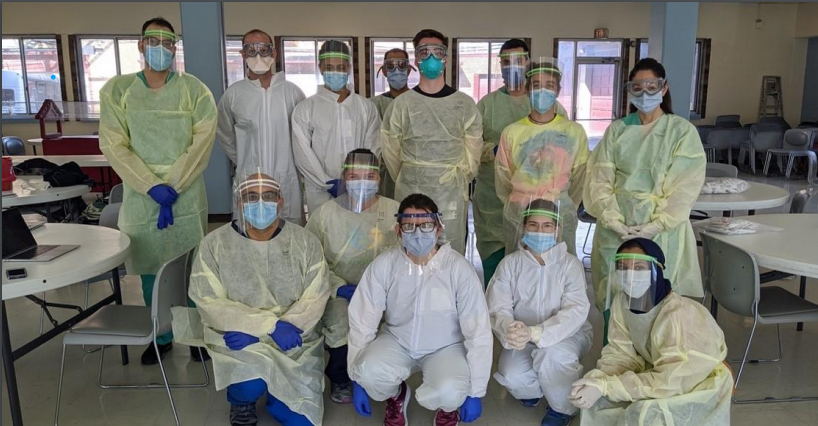








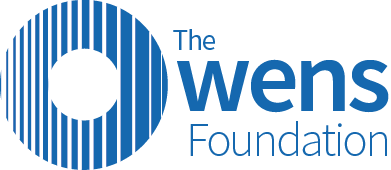
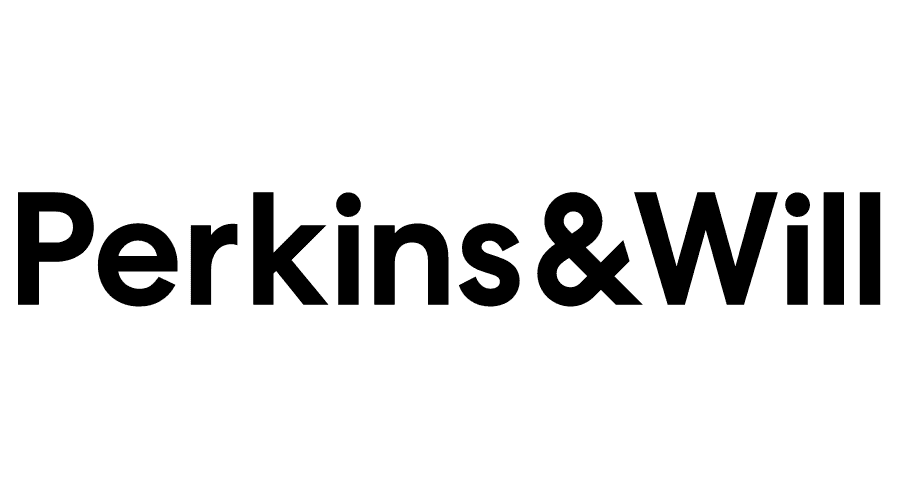












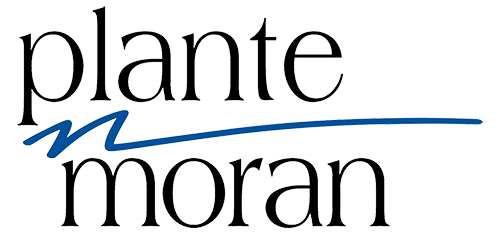


 Introduction to Using This Webpage
Introduction to Using This Webpage
